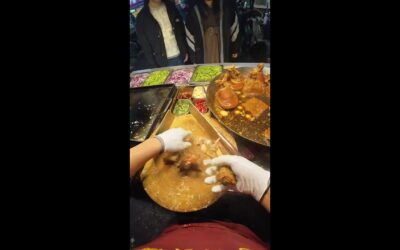In this episode of “Anchored & Reaching,” host Kevin Mannoia dives deeper into the theme of generous engagement, exploring how Christians can engage in an increasingly pluralistic and changing culture while remaining anchored in their identity as children of God.
In the previous episodes, Kevin discussed the importance of being centered, more than bounded, and being descriptive rather than prescriptive. In this final episode of the series, he shares the third key principle of generous engagement: being more relational than propositional.
Key discussion points in this episode:The essential definition of engagement: connecting who we are with the culture and community around us, bringing the kingdom near as Jesus did.The importance of being relational rather than propositional when engaging with others, as truth is a person, Jesus Christ, rather than a mere intellectual proposition.The difference between engaging with a proposition and engaging with a person, starting from a posture of desire instead of doubt.Generous engagement should be focused on connecting people with Jesus, using relational patterns of behavior and avoiding polemical debates.Encouraging listeners to reflect on their own experiences and find moments where they can engage from a relational starting point as a way to bring the kingdom near.
Join Kevin Mannoia in this insightful episode as he shares his thoughts on generous engagement, helping Christians to navigate an increasingly complex world while staying true to their faith.
Generous EngagementChristians are called to engagement with the world. That’s what we mean when we say we are “the hands and feet of Jesus,” bringing the Kingdom of God wherever we go. Unfortunately, we often choose to engage in ways that can feel more like a sales pitch than real concern for the world in which we live and participate.
Becoming generous in our engagement requires a mindset like that of Christ, where salvation isn’t giving up on the world but is instead redemption of God’s creation. “Your will be done on Earth as it is in Heaven,” wasn’t a platitude – it was the goal. Let’s consider what that looks like as we prepare ourselves for generous engagement.


